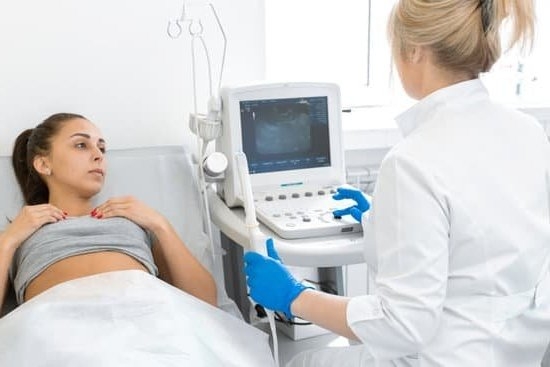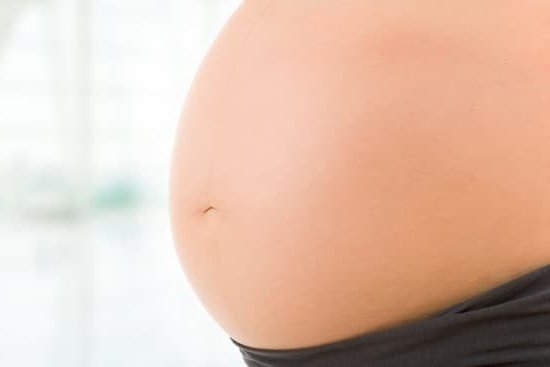Chest Pain During Pregnancy
Pregnancy can be a time of heightened sensations and feelings, from both physical and emotional changes. Many of these changes can be normal and anticipated, however some can differ significantly from woman to woman. One such thing to consider is chest pain. It is not uncommon for expecting mothers to experience some chest pain during pregnancy and can have a wide range of causes. Therefore, it is beneficial to familiarize yourself with what chest pain during pregnancy can indicate, and when to be concerned.
Types of Chest Pain During Pregnancy
Chest pain during pregnancy can be divided into two distinctive categories, physiological and pathological.
Physiologic Chest Pain
- Normal chest pain can include pain associated to the following:
- Physiological chest wall expansion
- Breast enlargement
- Hormonal changes
- Costochondritis
- Gastric reflux
In most cases, this chest pain is intermittent, not progressive in nature, and responds to ibuprofen. Since these sensations are due to common, expected physiological changes of pregnancy, it is considered normal and rarely indicative of a pathological cause.
Pathological Chest Pain During Pregnancy
Pathological chest pain can be more concerning and can include some of the following:
- Pneumonia: shortness of breath, fever, and discomfort in the chest area
- Preeclampsia/Eclampsia: severe headaches, swelling of the face or eyes, and distention of the abdomen or chest
- Pulmonary Embolism: sudden shortness of breath, increased heart rate and chest pain that is described as sharp or stabbing
If any of these symptoms accompany the chest pain, it is important to contact a healthcare provider and rule out any pathological causes.
When To Seek Help
If the chest pain is severe, progressive, increases with a deep breath/guilty movement, or radiates to the shoulders, arms and/or jaw, then it is important to seek medical attention to rule out serious conditions. Chest pain can also be indicative of PE, and can be associated with other symptoms such as prolonged severe headaches, feeling dizzy, having difficulty in breathing and chest discomfort.
Summary
Chest pain during pregnancy can have a wide range of causes that should be identified and addressed for overall health and well-being. Physiological chest pain is usually normal and expected with pregnancy, but should not be ignored. It is important to be aware of the various indicators of pathological chest pain, as this could be cause for medical concern. If the chest pain becomes progressive, persists, or is accompanied by other symptoms, then medical attention should be sought to identify the cause.

Welcome to my fertility blog. This is a space where I will be sharing my experiences as I navigate through the world of fertility treatments, as well as provide information and resources about fertility and pregnancy.





